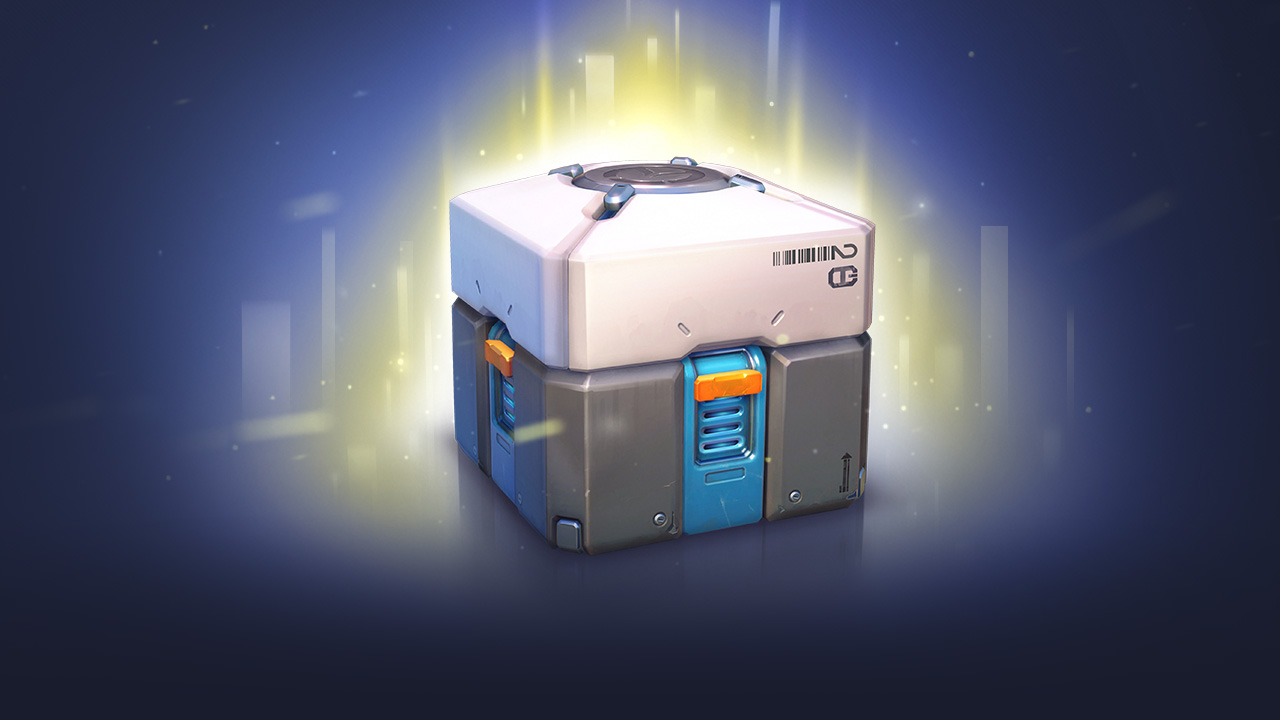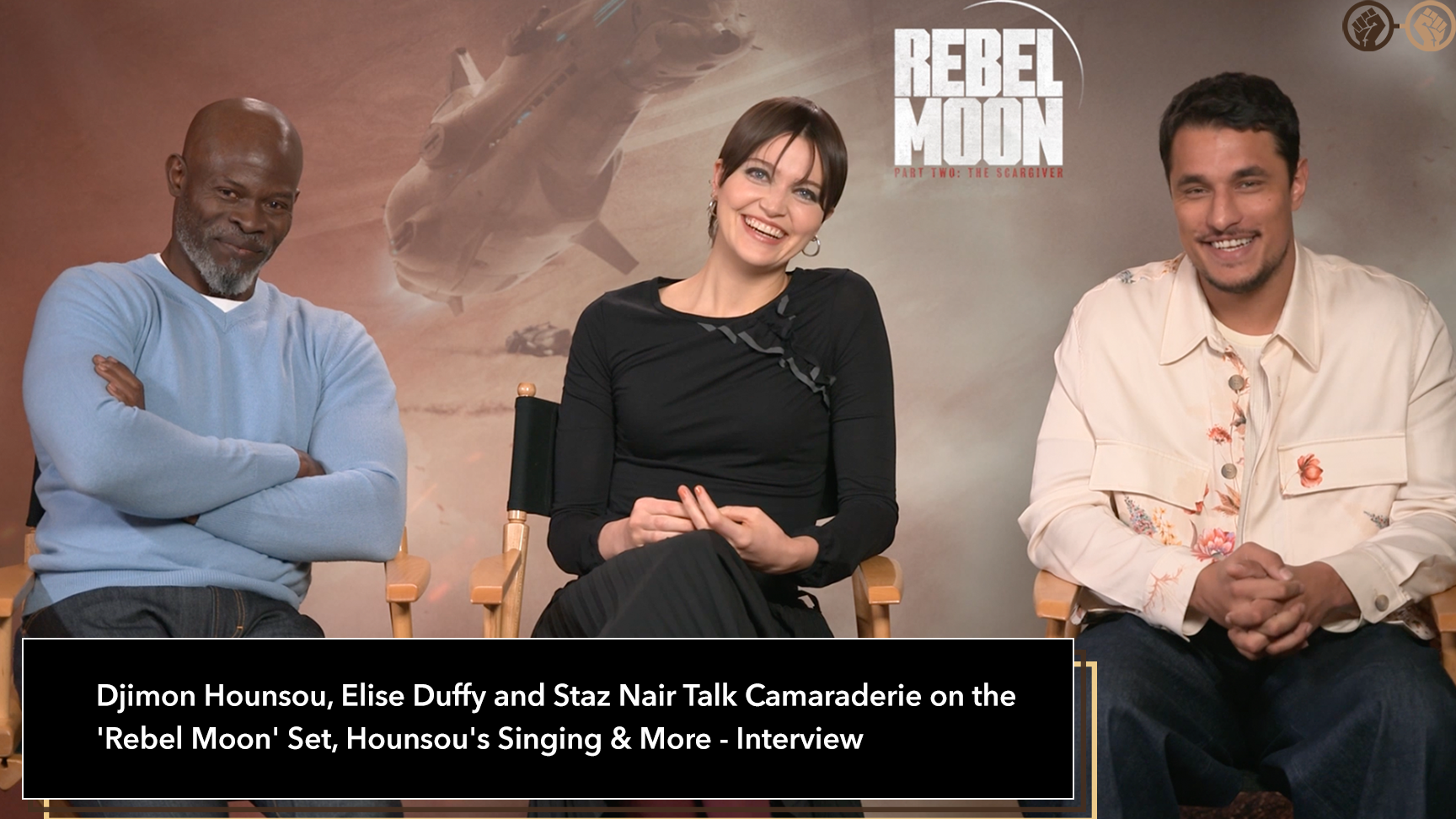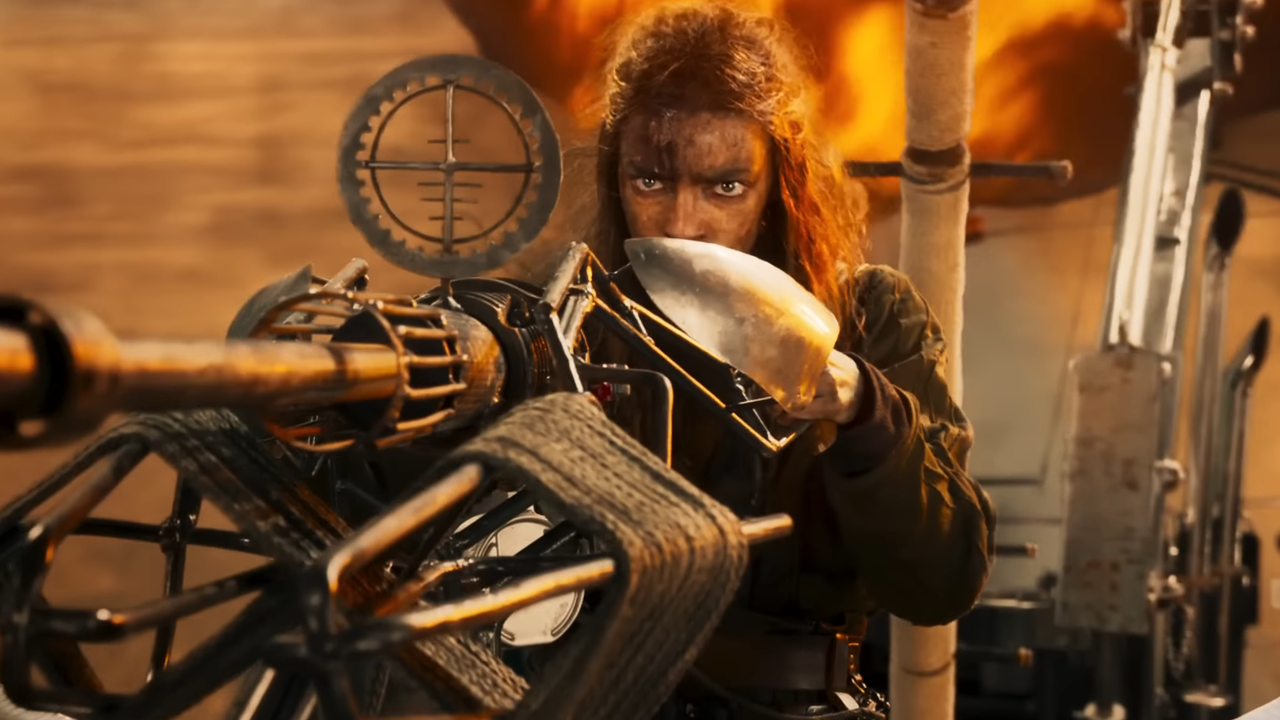After months of controversy regarding loot boxes, microtransactions, and the like, the Entertainment Software Ratings Board (ESRB) has announced plans to add special labels to games with in-game purchasing options. As Kotaku’s Jason Schreier reports, the label will be assigned to games featuring “bonus levels, skins, surprise items (such as item packs, loot boxes, mystery awards), music, virtual coins and other forms of in-game currency, subscriptions, season passes and upgrades (e.g., to disable ads).”
Questions of what this entails for expansions packs and other modes of DLC arise. As it stands, most major releases would feature such a label. ESRB president Patricia Vance explains the labelling applies to any game with in-game purchasing. Therefore, reason suggests titles such as The Witcher 3, which features no microtransactions but offers two story-driven expansion packs, would be labelled in a manner similar to Middle-earth: Shadow of War, a title steeped in controversy because of loot boxes.

Vance notes the label is primarily geared towards parents who may not be as informed about in-game purchasing. “Parents need simple information. We can’t overwhelm them with a lot of detail… We have not found that parents are differentiating between these different mechanics.”
In addition, Vance says the ESRB isn’t solely targeting loot boxes. The wording and discourse around what a loot box is presents its own mound of confusion. Thus, the ESRB aims to focus on simply making it known which games offer transaction options beyond the retail price.
Notes Vance,
“I’m sure you’re all asking why aren’t we doing something more specific to loot boxes. We’ve done a lot of research over the past several weeks and months, particularly among parents. What we’ve learned is that a large majority of parents don’t know what a loot box is. Even those who claim they do, don’t really understand what a loot box is. So it’s very important for us to not harp on loot boxes per se, to make sure that we’re capturing loot boxes, but also other in-game transactions.”
This is a positive step forward, as state politicians voice concerns about the completeness of the ESRB’s rating system with regards to in-game purchasing. Similar to the industry’s battle with ratings about video game content in the 1990s, this move by the ESRB should at least quell government involvement.






Leave a Reply